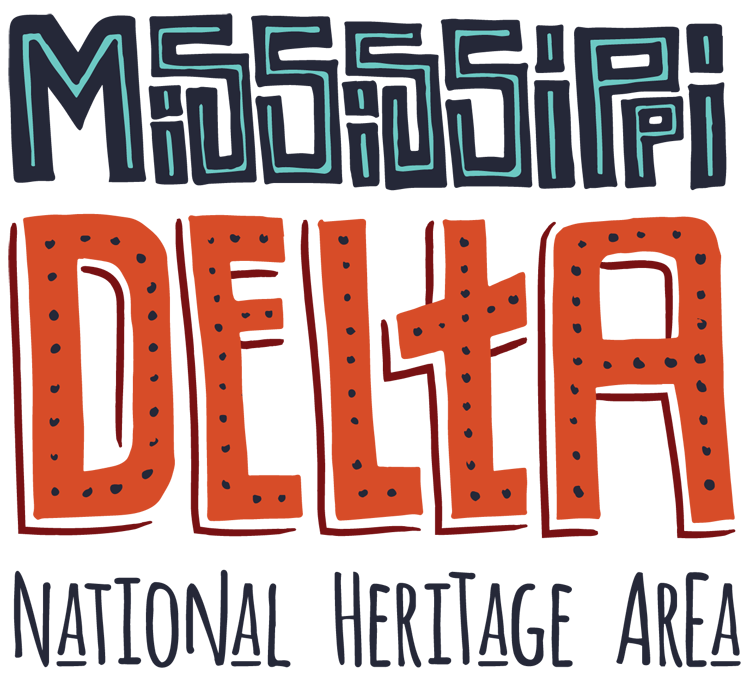The Mississippi Delta’s fertile ground gave birth to the Blues. The Delta is recognized internationally for its role in shaping American culture in the 20th century because it is the place where the African American musicians created the Blues. Cotton agriculture contributed to deep socio-cultural and economic dichotomies in the Delta between the planter class and the labor class. These dichotomies led to the emergence of a distinctive musical form, the Blues, as well as the culture that surrounded it. The Delta has been home to hundreds of famous Bluesmen and the jukes where they played. Music is in the lifeblood of the Delta. Rock ‘n’ roll was born there, emerging straight out of the Blues. Rhythm and blues and jazz are also derived from the Blues, and gospel and country have strong roots in the Delta. A uniquely American musical form, Blues music has brought national and international recognition to the Delta and still thrives in the region today.
The history and culture of the Blues can be seen in a wide variety of resources in the Delta. Authentic resources include juke joints where live Blues music is currently (or has been) played, and homes, plantations and gravesites related to Blues musicians. Modern resources include several museums and an extensive system of 79 Blues Trail interpretive markers (out of 175 placed statewide). Also important are the festivals that promote and celebrate the Blues in communities throughout the Delta.





